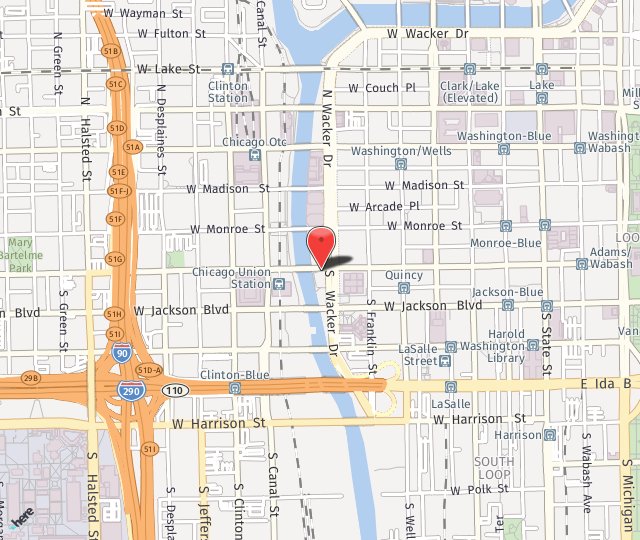When an employer uses unlawful employment practices that affect multiple employees, class action litigation may be the best avenue of bringing the company to justice. Determining whether to file an individual suit or to pursue a class action suit requires careful consideration of multiple issues.
The attorneys at Markoff Leinberger are experienced at both approaches. We can advise you of your options for recovering lost wages and other costs resulting from your employer’s unlawful actions.
When can a Class Action Lawsuit be Filed Against an Employer?
To file a class action lawsuit against your employer, an unlawful employment practice must have harmed many employees. Grounds for a class action lawsuit against your employer can involve various violations, including:
- Employment discrimination – Federal anti-discrimination laws prohibit discrimination on the grounds of age, race, national origin, gender, religion, genetic information, disability, military status, and conditions related to pregnancy and childbirth.
- Wage and hour violations – Failure to pay overtime, incorrectly documenting your hours, tampering with tips, and not paying your vacation pay are some examples of wage and labor violations.
- Employee Retirement Income Security Act (ERISA) violations – Unnecessary fees and breach of fiduciary duty are two reasons a class action lawsuit may be filed against an employer.
How is an Employment Class Action Lawsuit Different from an Individual Employment Lawsuit?
An individual employment lawsuit involves one employee against the employer. If you are the only one affected by workplace discrimination or another violation of your rights as an employee, an individual case may be an option.
In situations where numerous employees are affected by the same illegal employment practice, a class action lawsuit could be the best approach. Class action lawsuits do not have a stated minimum of employees affected, but cases involving larger numbers of affected employees are often easier to pursue. Every case is unique, however, so discussing your case with a class action litigator at Markoff Leinberger is an important first step to determining if you have a viable case.
In general, determining whether to file an individual lawsuit or class action will depend on how many people were affected and how similarly they were affected. If many employees are victims of the same employment violation and their losses and suffering are similar, it may be more practical to combine the cases into a class action lawsuit rather than trying each case separately.
Can I be Fired for Joining a Class Action Lawsuit?
Federal law prohibits employers from retaliating against an employee who reports a violation of employee rights or participates in proceedings to investigate a violation or pursue a lawsuit. Thus, it is unlawful for an employer to terminate your employment or otherwise discriminate against you for joining a class action lawsuit.
What Damages can be Recovered in an Employment Class Action Lawsuit?
Depending on the violation committed by the employer, different awards may be ordered by the court. Compensation may include:
- Lost wages and benefits
- Punitive damages
- Compensation for emotional distress
- Attorneys’ fees
Call Us to Schedule a Consultation
If you have been a victim of unlawful employment practices, contact the experienced attorneys at Markoff Leinberger for a free consultation by calling 312-726-4162. We serve clients in the greater Chicago area and across the U.S.

